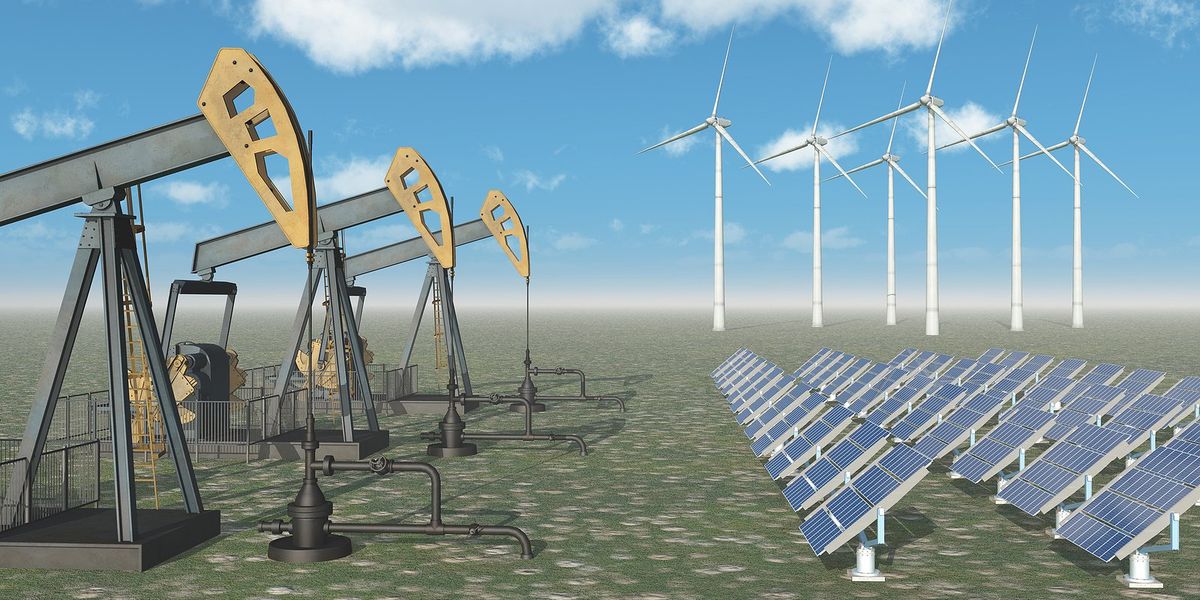Rural opposition to solar energy influenced by local history and landscape concerns
Researchers in Pennsylvania found that rural attitudes toward solar power are shaped by a deep connection to the land and the region's coal-mining history, with support for projects depending on their scale and visual impact.
Dan Gearino reports for Inside Climate News.
In short:
- Rural residents often resist solar projects due to concerns over changing the visual landscape and local identity.
- Support for solar is more likely when projects are smaller and respect farmers’ attachment to their land.
- Misinformation, such as fears over chemical runoff from solar panels, complicates local debates but is not a primary driver of opposition.
Key quote:
“If farmers perceive an energy project as protecting the valued attributes of place, whether by enhancing its economic viability (thus enabling them to continue owning, working and living on the land) or cultural meaning, they are more likely to support that project.”
— Shanti Gamper-Rabindran, economist at the University of Pittsburgh Graduate School of Public & International Affairs
Why this matters:
Rural communities play a key role in the energy transition, but to garner local support, development must account for concerns about preserving landscapes and livelihoods. Understanding these perspectives can guide more community-friendly renewable energy strategies.













